‘Worst for thirty years’: Olympic sports finances in the balance as Paris looms
Australia’s national sporting organisations, financially struggling off field in the lead-up to next week’s Olympics, fear their problems will endure to the Brisbane 2032 Games.
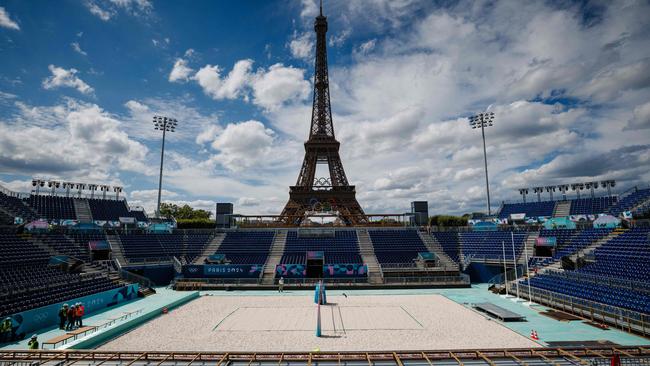
Craig Carracher calls it the worst financial situation he has seen in three decades of involvement in Olympics sports.
Mr Carracher, the president of Volleyball Australia and executive chairman of student living business Scape, is worried that Australia is at risk of squandering the “competitive advantage” of the Brisbane 2032 Olympic Games.
And although sports are grateful for government funding they are forever on the precipice of financial problems – or even collapse.
“In the 30-odd years I’ve been around the scene … I’ve never seen NSOs (national sporting organisations) more despondent about the situation we are in at the moment,” Mr Carracher tells The Weekend Australian a week before the Paris Olympics begin.
“All sports are starving, many break even at best, and rely on volunteers and staff that are underpaid relative to any other industry that is comparable in the market.
“We are as lean and efficient as we can be, but there are contractual obligations that we have to fulfil to get our funding with the government. That is all very well and fair enough, but at the same time there has been no real increase in funding for the sports in 10 years.”

Mr Carracher, a former executive in the Packer family empire, says he personally writes a cheque for between $500,000 and $1m annually to help keep his sport afloat, and is battling for government funding to host the Beach Volleyball World Championships in Adelaide next year after previous deals fell through.
Volleyball had another issue to deal with this week, issuing a public apology to female members of the Australian team who attended the Australian Institute of Sport between 1997 and 2005 and who suffered physical and mental harm in what was described as “an environment of fear”.
Mr Carracher’s sport is one of many Olympic sports which are constantly battling financial headwinds, having their already precarious balance sheets smashed by Covid-19 lockdowns and now having to cope with big increases in costs like insurance and travel in an Olympic year when they have to cede commercial sponsorship space to the Australian Olympic Committee.
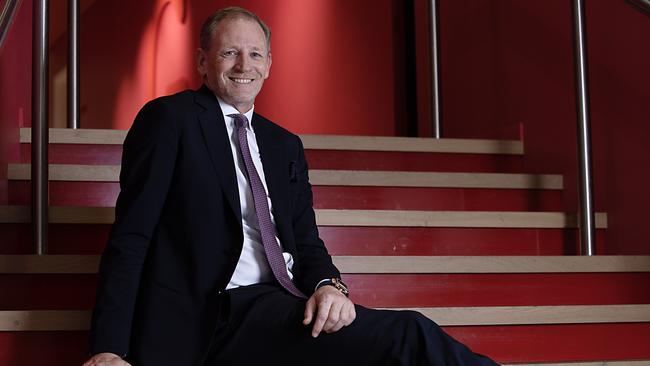
Recent federal government announcements of a new $283m high-performance funding package for Olympics sports over the next two years have been welcomed, but sports say more needs to be done in lead-up up to Brisbane 2032 – as many are seemingly only ever one costly event or strategic mistake away from financial wipe-out.
Moves are afoot for the Olympic sports to better lobby for financial support and other matters. Discussions are taking place to form an alliance or group post-Paris which is similar to the Coalition of Major Professional and Participation Sports that represents big sport codes like AFL, NRL, cricket and tennis.
“It’s very much an active discussion and we have about 30 sports in the conversation, including the biggest Olympic sports, and we’re certainly looking at the opportunity to speak with one voice in a more effective way,” one sports boss told The Weekend Australian.
There is growing disquiet behind the scenes about the Australian Sports Commission that administers government funding, and its $65m annual staff wage bill.
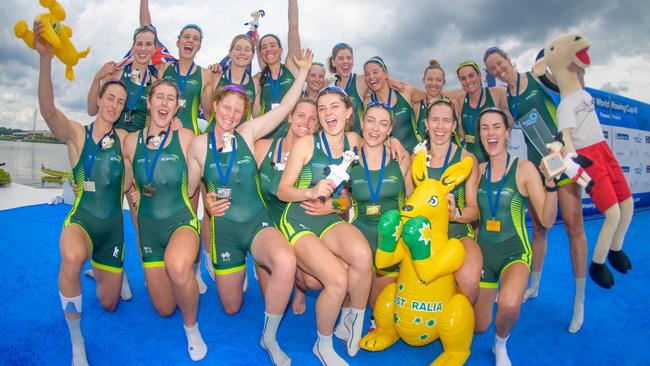
Several sports CEOs point to recent revelations that its UK equivalent is cutting 25 per cent of its staff and half of its directors in an effort to maintain current funding to high-performance sports programs. They wonder why a similar move can’t happen in Australia.
“The Australian high performance sports sector has just received record government funding, the most significant infrastructure upgrade (of $250m) to the AIS campus in 40 years and are on the eve of what promises to be an incredible celebration of the global power of sport,” ASC chief executive Kieren Perkins says.
“It’s disappointing, but not surprising, that some of the sector would rather look at our headcount, administrative costs and travel arrangements rather than the excitement building in Paris.”
Mr Carracher says the ASC could do with more board members who have experience for the delivery of sport via an NSO and asks why sports like AFL, soccer and netball get big dollops of federal government funding for stadiums and hosting events.
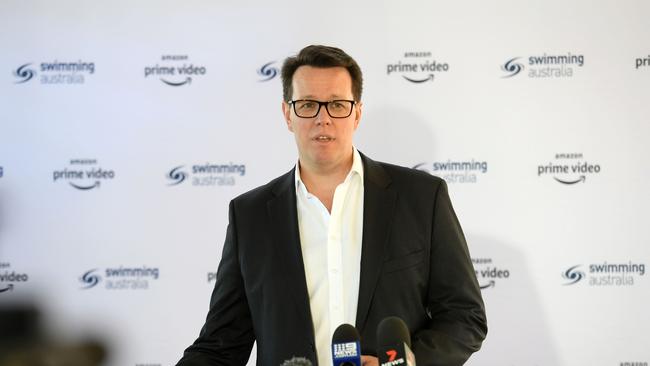
Then there is the lead-up to Brisbane 2032. “We do want support from the government and we appreciate it, but if we want to be a huge success we need to invest in (talent identification and training) pathways,” says Craig Bingham, the president of AusCycling Australia and chairman of Forza Capital.
“The person who could win BMX freestyle in Brisbane may be really young now, so how do we bring them though and how do people even get to know about those pathways.”
Swimming Australia’s new CEO, Rob Woodhouse, says a big concern is what sort of venues will be available for sport post 2032.
“We’d like a runway of major events like before the (2000) Sydney Olympics when we’d sell out the Pan Pacific championships every night or major events like the world championships. We actually don’t have facilities to host those events now,” Mr Woodhouse says.
“And so a big piece of work for me is lobbying and advocating to try and get a stadium built in Queensland, which is a permanent stadium and won’t just have a drop-in pool and eventually be there for the benefit of entertainment or another sport.”
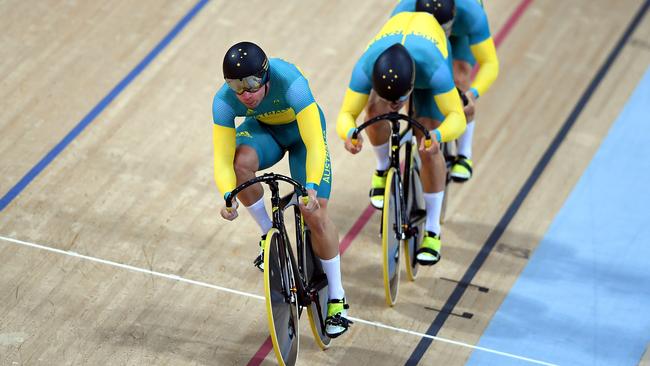
Mr Woodhouse admits he has a budget repair job at Swimming Australia, where he says revenue sources from commercial deals have plummeted from more than $10m per year around 2018 and 2019, to 10-15 per cent of that level now.
Swimming Australia lost $1.1m last year and $2.2m the year before. Mr Woodhouse was encouraged by the interest in the Australian Swimming Trials in June and hopes events like that and a good performance in the pool in Paris will lead to blue-chip sponsors coming back to the sport.
Others also have various commercial income and other revenue-generating strategies. Rowing Australia has launched its Row Nation training app and has former president Rob Scott, the Wesfarmers CEO, heading up a philanthropic program that aims to raise $5m.
Hockey Australia chief executive David Pryles says federal government funding made up 58 per cent of revenue three years ago; now it is 47 per cent.
One key deal has been the $135m Hockey Australia secured in funding from the WA government for its high-performance centre in Perth, and other initiatives such as athlete training and development and travel.
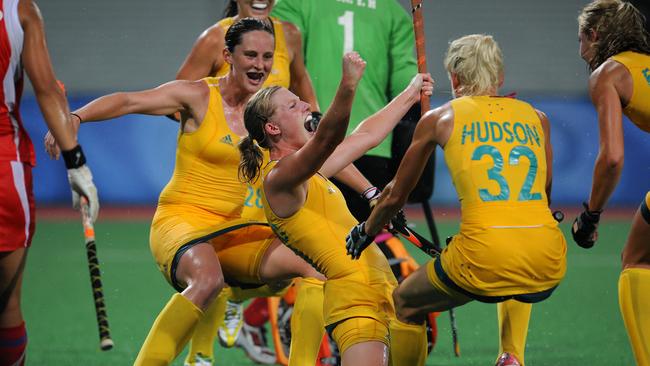
“We’re also working to tap into our wider membership through a licensing program, online shop and merchandising, and doing things like shared service functions such as finance and HR with several of our states,” Mr Pryles says.
“It is about servicing our members, who are really engaged with our sport. To have a 90,000 database of people really engaged with hockey can be different, for example, than a footy team that has 80,000 members but if their team is out of contention then they’re only engaged for three months.”
Mr Bingham says Cycling Australia has worked hard to secure two new major sponsor deals, with EA Group and Great Wall Motors, that have started to ease the financial pressure.
“Our biggest headwinds last year were insurance premiums going up significantly; personal accident premiums going through the roof. If we could get an additional sponsor then I think you could sit there and say there’s more financial resilient mode here,” he says.
“We’re definitely hopeful that will happen, and we’ve had talks. An Olympic year helps in that way at least because it brings greater focus and awareness.
“If you talk to corporate Australia, an Olympics creates more interest for them to look at and see if there’s value in the proposition you have.”
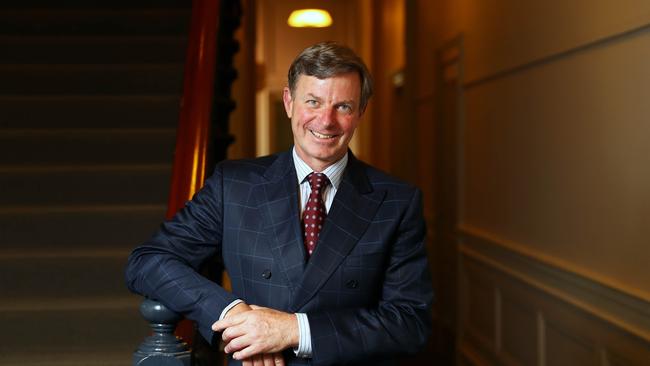
Athletics Australia chief executive Peter Bromley says a series of events the organisation hosted over the summer, sponsored by Chemist Warehouse, have helped generate more interest in the sport.
“Year on year our viewership was up 42 per cent and our attendances were up 152 per cent. If the fans are there that helps the athletes and that means they really want to compete here and then hopefully attract others from the northern hemisphere to come here too,” Mr Bromley says.
Athletics Australia’s strategic plan aims for its commercial growth strategy, including a national sponsor, to deliver 35 per cent of its revenue by 2026 and 50 per cent by Brisbane 2032. It also wants its AA Foundation to be delivering at least $1m annually to the sport by 2026.
Athletics Australia lost a combined almost $400,000 in two years and has had to forgive a $1m loan to the RunWest running event in Sydney that was cancelled just as Covid-19 hit in March 2020.
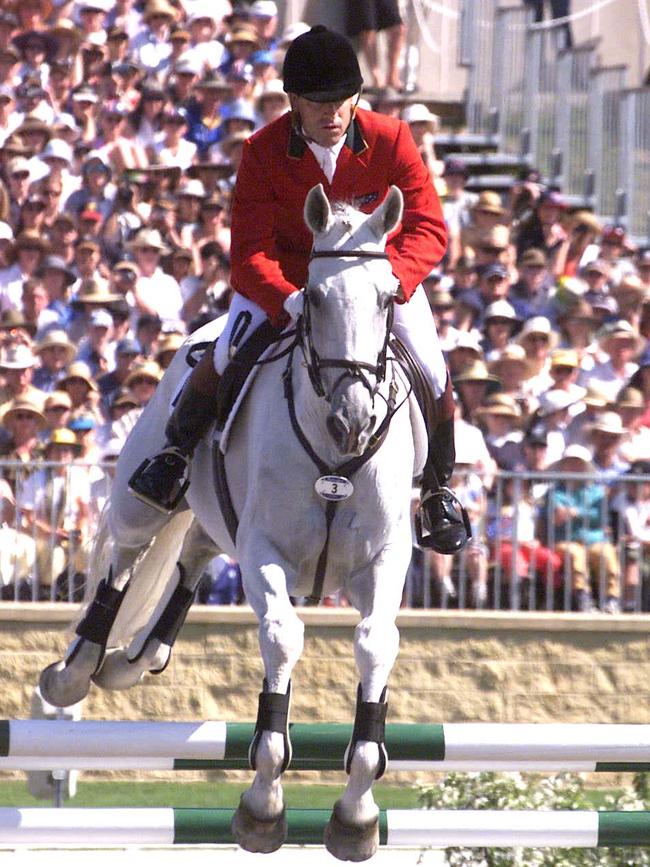
Equestrian Australia entered voluntary administration in mid-2020 and has been working its way back to relative financial health. President Christie Freeman says her sport is working on widening its sponsorship appeal.
“We recognise the need to take a more global view of sponsorship opportunities. Like many sports we have traditionally relied on local suppliers and families close to our sport for support. However, we do see genuine opportunities on a national scale,” Ms Freeman says.
“In Australia we have not typically had significant broadcast reach, but in America and Europe, equestrian sports are watched by a huge audience. We believe there is the opportunity here to tap into that global appeal.”
But government funding is still crucial and after what he says has been a decade of zero growth, Volleyball’s Mr Carracher says sports have to band together for a better deal and more support – or poor results at Brisbane 2032 Games with lukewarm government support looms.
“We have to change and do a better job. Sport has been used as a political plaything for too long, we’ve been divided and picked off as funding announcements come and go,” he says.
“We can’t afford to waste another quadrennial like the one we’ve just had.”


To join the conversation, please log in. Don't have an account? Register
Join the conversation, you are commenting as Logout